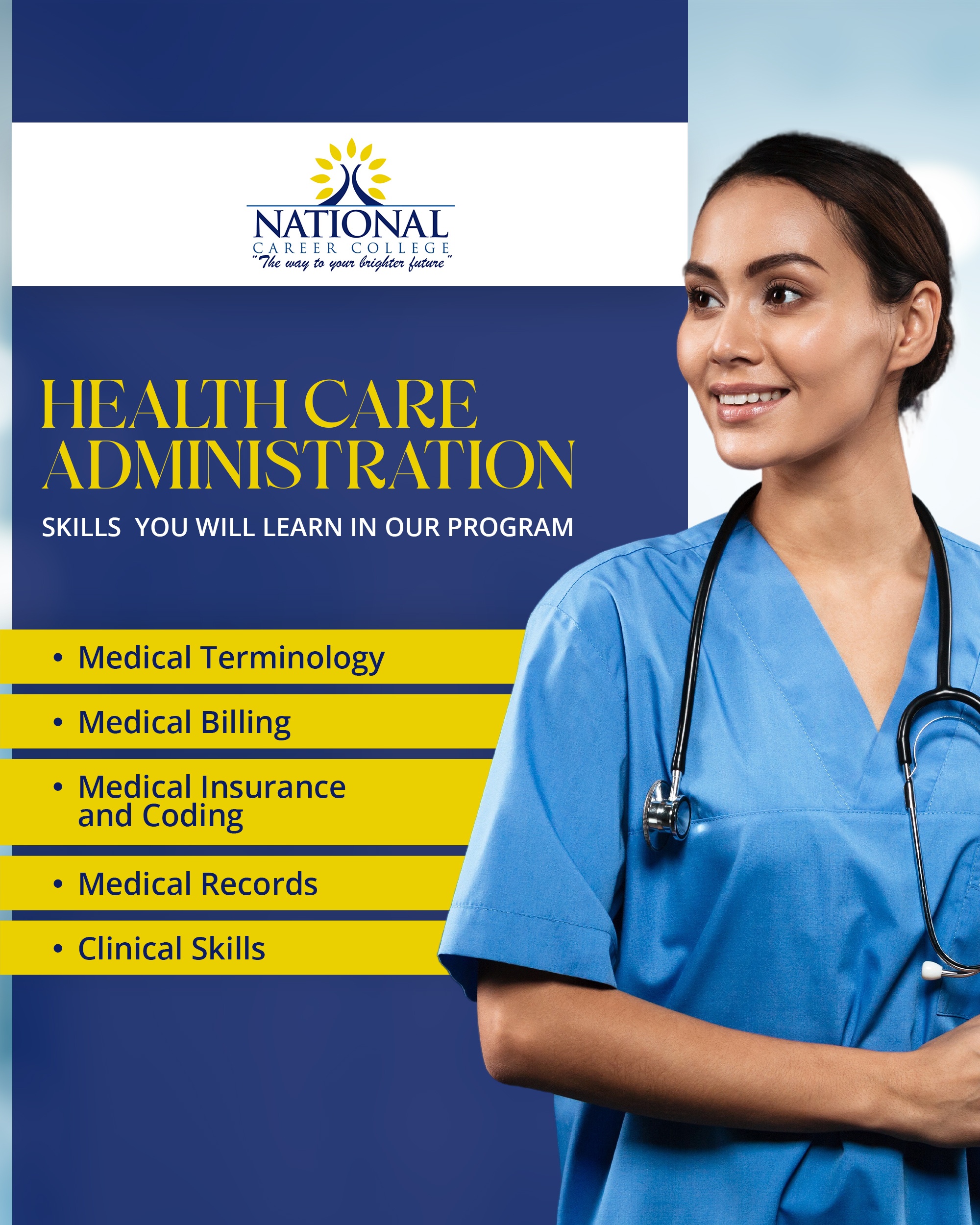Are you a problem solver? A natural leader? Do you have a passion for helping others and making a difference in the healthcare industry? If so, then a career as an entry-level healthcare administrator may be the perfect fit for you! As the demand for healthcare services continues to rise, so does the need for skilled professionals to manage the complex administrative tasks of healthcare organizations.
In this blog, we will provide you with a comprehensive guide to understanding the role of an entry-level healthcare administrator, the key skills and qualifications required, job opportunities available in the industry, and how to prepare for a successful career in healthcare administration. So, get ready to take the first step towards an exciting and fulfilling career in healthcare administration!
Understanding the Role of an Entry-Level Healthcare Administrator
If you are considering a career as a healthcare administrator, it is important to understand the different levels and responsibilities of the job. In this section, we will focus on the role of an entry-level healthcare administrator.
Entry-level healthcare administrators are responsible for managing and overseeing the daily operations of a healthcare facility or department. They work with doctors, nurses, and other healthcare professionals to ensure the smooth functioning of the facility. Entry-level healthcare administrators are often responsible for tasks such as scheduling, budgeting, and patient care coordination.
The specific responsibilities of an entry-level healthcare administrator may vary depending on the organization they work for. However, some common responsibilities include managing staff schedules, creating and managing budgets, coordinating patient care, ensuring regulatory compliance, and managing patient records. They may also be responsible for developing and implementing policies and procedures to improve the quality of patient care and the efficiency of the healthcare facility.
Key Skills and Qualifications Required for an Entry-Level Healthcare Administrator
An entry-level healthcare administrator plays a critical role in the smooth functioning of healthcare organizations. To succeed in this role, certain key skills and qualities are essential. One of the most important skills for an entry-level healthcare administrator is effective communication. As a healthcare administrator, you'll need to be able to communicate effectively with various stakeholders, including healthcare providers, patients, and other staff members. You'll also need to be an effective problem-solver, able to identify and address issues quickly and efficiently. Other key skills for an entry-level healthcare administrator include leadership, time management, critical thinking, and attention to detail.
Most entry-level healthcare administrator positions require at least an Associate of Applied Science Degree in healthcare administration, healthcare management, or a related field. Some employers may prefer candidates with a bachelor’s or master's degree in healthcare administration, particularly for more advanced positions. In addition to formal education, relevant work experience is also highly valued by employers. Experience in healthcare settings, including hospitals, clinics, and long-term care facilities, is particularly relevant to entry-level healthcare administrator positions.
Job Opportunities for Entry-Level Healthcare Administrators
As the healthcare industry continues to grow and evolve, job opportunities for entry-level healthcare administrators are on the rise. These professionals are essential to the efficient operation of healthcare facilities and play a vital role in the delivery of quality patient care.
Entry-level healthcare administrators may work in a variety of healthcare settings, such as hospitals, clinics, long-term care facilities, and insurance companies. Some of the most common job titles for entry-level healthcare administrators include:
- Administrative assistant
- Office manager
- Medical records coordinator
- Patient services coordinator
- Admissions coordinator
According to the Bureau of Labor Statistics, employment of medical and health services managers (which includes healthcare administrators) is projected to grow 28% from 2021 to 2031, which is much faster than the average for all occupations. This growth is driven by factors such as the aging population, the increasing prevalence of chronic diseases, and advances in medical technology.
How to Prepare for a Career as an Entry-Level Healthcare Administrator
If you're interested in pursuing a career as an entry-level healthcare administrator, it's important to understand the steps you can take to prepare for this role. Here are some key things to consider:
- Pursue relevant education
- Gain relevant work experience
- Develop key skills
- Network with industry professionals
There are a variety of educational programs that can help prepare you for a career as an entry-level healthcare administrator. Some options to consider include:
Degree in Healthcare Administration: Pursuing a degree in healthcare administration can help you gain a broad understanding of the healthcare industry and develop the skills needed to manage healthcare organizations.
Professional Certifications: Professional certifications can help demonstrate your knowledge and expertise to potential employers.
Overall, pursuing a career as an entry-level healthcare administrator requires a combination of education, experience, and networking. By taking steps to develop your skills, gain experience, and make connections in the industry, you can position yourself for success in this rewarding and challenging field.
National Career College’s Healthcare Administration Program
As a prospective student seeking an entry-level healthcare administration position, there are many paths to take to achieve your career goals. National Career College’s Healthcare Administration Program is designed to prepare you for a successful career in healthcare administration. Our programs provide hands-on training, practical experience, and professional guidance to help you succeed in this growing field.
If you're serious about pursuing a career in healthcare administration, we encourage you to take the first step by contacting us to schedule a campus tour, or to learn more about our program. Our admissions team is here to answer any questions you may have and guide you through the enrollment process. Join us today and start your journey towards a rewarding career in healthcare administration!

